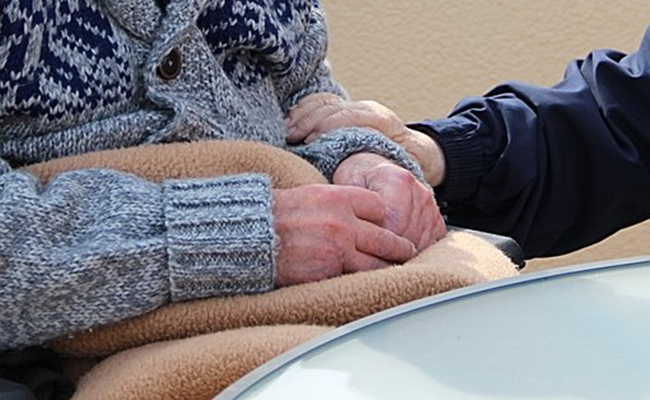By being informed, taking swift action, and working with a legal team, you can ensure that your loved one receives the best care.
Nursing homes are designed to provide a safe and comfortable living environment for seniors who require assistance with their daily needs. Unfortunately, some nursing homes fail to take the necessary steps to protect their elderly residents from harm. This is known as nursing home negligence, which can devastate those affected. Let's look at what you need to know about nursing home negligence.
Common indicators of nursing home negligence
There are major signifiers of nursing home negligence that will help you recognize when something is wrong. These include:
- Physical signs of harm, such as bruises, cuts, or burns
- Unexplained weight loss
- Bedsores
- Malnutrition
- Unexplained Injuries
- Dehydration
- Unsanitary living conditions
- Lack of safety and security measures
- Broken bones
What to do after nursing home negligence
If you suspect your loved one has been mistreated or neglected, taking action as soon as possible is essential. The first step is to contact the supervisor or manager of the nursing home facility and inform them about the situation. Additionally, you should document any evidence of negligence and file an official complaint with the appropriate authorities. It can help you collect evidence for legal proceedings if necessary.
You should also consult a lawyer with experience in nursing home negligence cases. If you are planning to sue a nursing home for negligence, the assistance of an experienced lawyer may be essential. A lawyer will be familiar with the complex laws surrounding nursing home negligence and be fully aware of any statutes of limitation that may apply to such cases. They can also advise you about what evidence is necessary for your cases, such as medical records and eyewitness statements, and find expert witnesses who can substantiate your events.
Preventing nursing home negligence
The best way to protect your loved one from nursing home negligence is to do extensive research before choosing a facility. Look for places with good reviews, adequately staffed, and equipped with the latest safety regulations. Additionally, it's crucial to stay informed about how the home is being operated. Make sure to visit your loved one frequently and ask questions so you can be aware of any changes in their condition or environment. If you have doubts or suspicions about nursing home negligence, don't hesitate to speak up immediately. Take action when the situation becomes more serious. Your loved one deserves to be safe and well cared for in their nursing home.
Tips to proving the act of negligence
If you've already noted that your loved one has suffered due to nursing home negligence, the next step is gathering evidence to prove it. Here are some tips:
- Take pictures of any physical signs of harm or neglect
- Photos and videos can be used as proof in a court of law
- Gather medical documents and reports
- Obtain witness statements
- Get testimony from other family members, friends, or other staff members who may have seen signs of neglect or witnessed mistreatment.
Mistakes to avoid when filing the lawsuit
Some things may end up damaging your case if you're not careful. Here are some common mistakes to avoid when filing a nursing home negligence lawsuit:
Not following the statute of limitations
Most states set a statute of limitations, typically 2 to 3 years, for filing legal claims related to personal injuries. Your claim will likely be dismissed unless you file a lawsuit within the specified period. This gives injured parties plenty of time to seek legal recourse for harm caused by another person or entity's negligence. However, it is crucial to understand that the clock starts ticking immediately for many claims, so it pays to act quickly and investigate your available options. If any doubts arise, contact an attorney and contact them today with questions and concerns.
Not knowing the nursing home laws
It is essential to understand the laws regarding nursing home negligence and how they relate to your case. Your lawyer can help you understand what needs to be done to prove negligence. Remember that nursing home staff members must adhere to the law and provide quality care for residents.
Not hiring a lawyer right away
Having an experienced lawyer is vital if you want to win your case. A lawyer can provide advice on how to proceed and help you understand the legal process. Additionally, they can represent your case in court and will be able to choose the best legal strategy.
Nursing home negligence is severe and should be addressed as soon as possible. As a family member of a nursing home resident, it's essential to understand your rights and take action if you suspect any mistreatment or neglect. By being informed, taking swift action, and working with a legal team, you can ensure that your loved one receives the best care.



























































































































































































